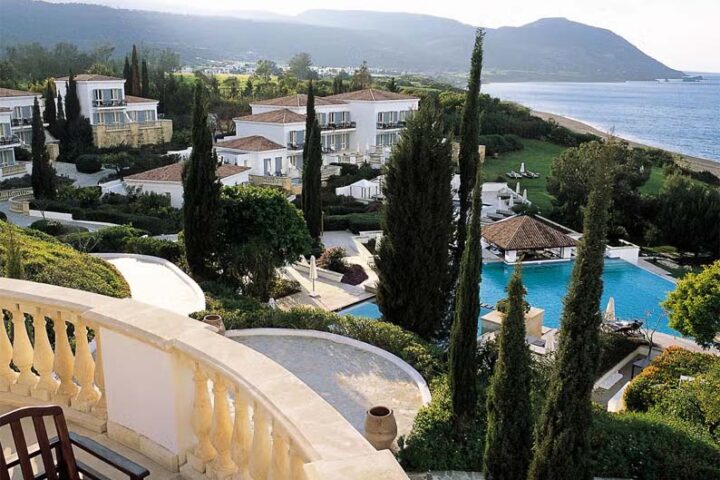European Commission President Ursula von der Leyen said it bluntly: “Implementation, implementation, implementation.”
That is what Cyprus must do immediately to alleviate the pain of the 80 or so households, farms and vehicle owners who saw their enterprises and dreams go up in flames.
And the €6 mln in relief aid and the €18 mln in procurement for the purchase of firefighting equipment should only be considered the first phase of what needs to be done in the longer term.
Homeowners and farmers should be compensated urgently and within the next few days, not by civil service standards of the next six months or more.
The funding will surely not cover their losses.
And deferring school fees or offering scholarships for higher education will not help repair the damages or put food on the table today.
In some cases, the relevant District Office has acted quite fast in the past, and help has reached promptly.
But it is not just about the epicentre of last weekend’s fires that destroyed 55 sq. km. of forest and farmland, all of which will be forgotten by the end of the month, with the traditional August summer break around the corner.
Assistance to the destroyed villages should be ongoing.
At the same time, this is also an opportunity to incentivise communities to embrace sustainability out of the Recovery and Resilience Fund.
Cyprus is being allocated €1.2 bln in European Union funding to restart its covid-stricken economy.
Now is not the time for mega declarations and promises but action.
Pledging funds and grants are nothing more than a marketing gimmick by the administration to improve its image, tarnished by its dithering in terminating the ill-fated cash-for-passports scheme, despite the President giving a moaning apology, far later than he should have done.
The fires that ravaged a smaller forest in the Solea valley and took the lives of two firefighters in 2016 should have been a lesson for all.
The government took a wise decision to purchase two water-bombing firefighting aircraft and other equipment.
However, the order for the pair of Canadair-Bombardiers was cancelled for inexplicable reasons in 2018, especially when tourism was boasting record arrivals of nearly four mln tourists and the economy was on a steady growth path.
The price tag of a single Canadair Bombardier firefighter is about $30-35 mln, so anything less should raise eyebrows.
The longer-term benefit is that these aircraft could also be used on longer-haul missions, such as maritime search and rescue, transportation of personnel and equipment during emergencies, monitoring the seas for environmental pollution and trafficking, and so much more.
If Cyprus aspires to become a regional search and rescue centre, it should start acting like one.
The occasional police patrol boat is not enough, nor should our police force be used for such humanitarian operations.
The same applies to whatever aviation and air units are available.
Cyprus lacks an environmental policy and strategy.
As with everything else, the trend is to be reactive instead of being proactive and a leader.
One of the dumbest decisions taken by any administration was to shut down the maritime engineering school within the Higher Technical School because of squabbling between politicians and state universities.
Only now, two decades later, has Cyprus started to fill the vacuum of training on-ship personnel, mainly through fee-paying courses at private colleges.
The same demise is destined for the Forestry College, a one-time reference point, churning out foresters and rangers, albeit a handful a year.
Instead of upgrading the college to a proper environmental university, which would help the government develop its nature and green strategy, the college is struggling, simply because there are not enough votes that count for politicians, nor enough ‘jobs for the boys’ to place party-affiliated candidates.










